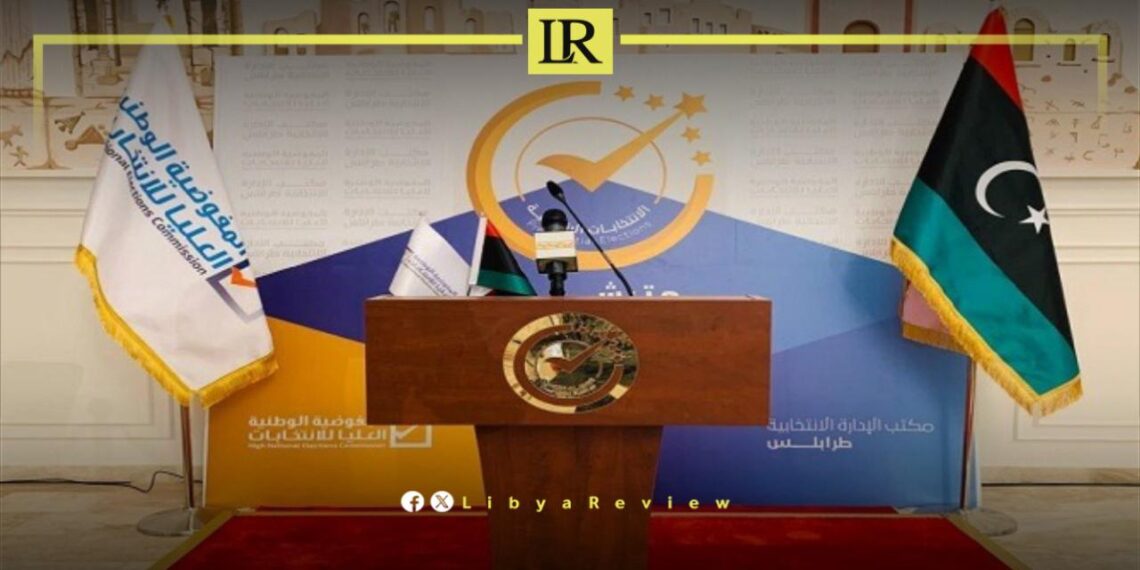The High National Elections Commission (HNEC) announced that it will release the preliminary lists of registered voters for the first group of municipal council elections tomorrow, Sunday, for a period of three days.
In a statement today, Saturday, the Commission confirmed that voters can review the lists at the election centers where they registered.
The Commission also stated that it will start accepting objections and complaints regarding the names listed in the voter register. These can be submitted to the Committees for Objections and Appeals at the electoral administration office within the jurisdiction of the respective election center, daily until 4:30 PM. Objections can be filed either personally or against other individuals.
On Thursday, members of the Libyan House of Representatives and the High Council of State convened in Cairo and agreed to form a unified government.
This crucial decision marks a major step toward ending Libya’s prolonged political crisis. The representatives called on the House of Representatives to open the process for candidacies, receive endorsements, and review candidates’ files to establish a “Government of Competence” that will oversee the country’s affairs.
In their final statement, the attendees underscored the necessity of conducting presidential and legislative elections based on mutually agreed laws issued by the House of Representatives. They emphasized the importance of broadening the circle of consensus and proposed a roadmap as the primary path to completing the essential steps leading to these elections.
The statement also highlighted the critical need to intensify and unify efforts to end the political and institutional division that exacerbates corruption, inflation, and the unprecedented deterioration of citizens’ living conditions. Additionally, they called on the international community to support national consensus, respect Libya’s sovereign decision-making, and ensure the unity and integrity of Libyan territory.
Libya has faced a persistent political crisis since the fall of Muammar Gaddafi in 2011, leading to instability and fragmentation. Multiple factions have vied for power, resulting in a country divided by parallel governments. Various initiatives have aimed to unify the nation, but success has remained elusive. The Cairo meeting builds on previous efforts, including the Tunis meeting in February 2024 and the adoption of the thirteenth constitutional amendment and electoral laws.
The agreement reached in Cairo signifies a substantial step toward resolving the political deadlock. By proposing a unified government and a clear roadmap to elections, the Libyan representatives aim to create a stable environment conducive to national reconciliation and development.


